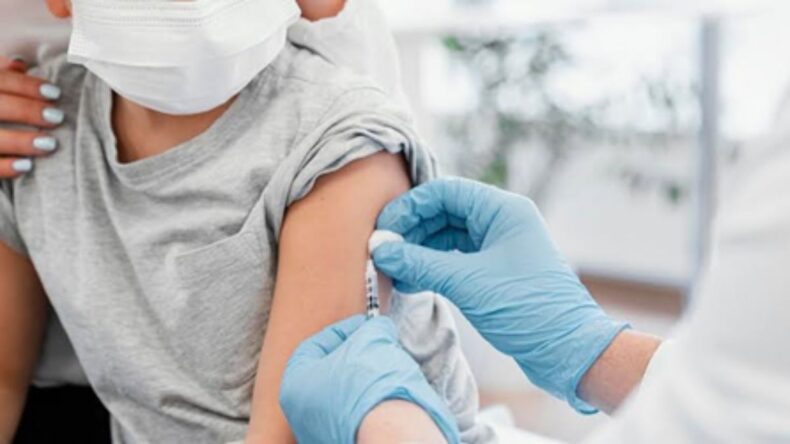Cuba became the first country to allow covid vaccines to immunise two-year-old children. What also criticised some of the experts for beginning this without proper data.
Cuba has become the first country in the world to allow children under the age of two to be vaccinated.
On September 6, Cuba’s Medicine Regulatory Agency (Cecmed) authorised the emergency use of the home-grown Soberana 2 vaccine for 2 to 18, which has not been recognised by the world health organisations (WHO) yet.
The local scientists and doctors say this vaccine is safe and effective, but very little data is available to prove its efficacy.
While the United States and many European countries like France, Germany and Poland currently allow vaccination from 12, some health experts have criticised Cuba for being too hasty to vaccinate most of the population.
In this segment of immunising young children, Chile has begun vaccinating children from the age of 6.
At the same time, some countries like China and the United Arab Emirates are vaccinating children as young as 3.
After the Delta variants attack, Covid 19 cases are growing terribly on the Island. Cuba has recently reported an average of 7 new points per day for every 100,00 residents, which is one of the highest in the western hemisphere.
Cuba used two of its domestically developed vaccines Soberana 2 and Soberana Plus, for immunised children.
So far, the country is using Soberana-2 for the children and adolescents in the age group of 2-18, and adults will take Abdala.
Both of the vaccines are made with the coronavirus spike protein method.
The Cuban officials said clinical trials in adults and children have shown that the combination is more than 90 per cent effective against coronavirus.
But Cuba didn’t publish the data from the tests. In June, Dr Jarbas Barbosa, assistant director of Pan American Health Organisation, asked Cuba to broadcast the trial data transparently.
Cuban scientists say they have submitted the paper to peer-reviewed journals and are awaiting publication.
They have emphasised that the Soberana vaccines use a technology already used in Cuban vaccines against other diseases.
The lead developer of the vaccine, Dr Vicente Vérez, said, “This is not an RNA vaccine, with no history, being administered to children.
” Early tests in children showed only common side effects and “a high degree of safety, which is what’s most important”, said Dr José Moya, the Pan American Health Organisation representative in Cuba.
Still, 56 per cent of the population has received at least one dose of covid vaccine, and 37 per cent are fully vaccinated in Cuba.
But the Government seeks to vaccinate 90 per cent of its population before the international border reopening in November.
As per the Cubans government, the Government conducted the nationwide vaccination drive for children to reopen schools in person in October.
And the Government aims to complete the children’s vaccination drive by that time.
With rises in Covid cases, Cuba faced many problems like lack of food and shortage of medicine. The epidemic has pushed Cuba’s health system to a breaking point.
The need for medical oxygen and increasing covid cases also increased social tensions.
Mexico shipped aid and oxygen to Cuba last month, and United States activists also sent 2 million syringes to them.













